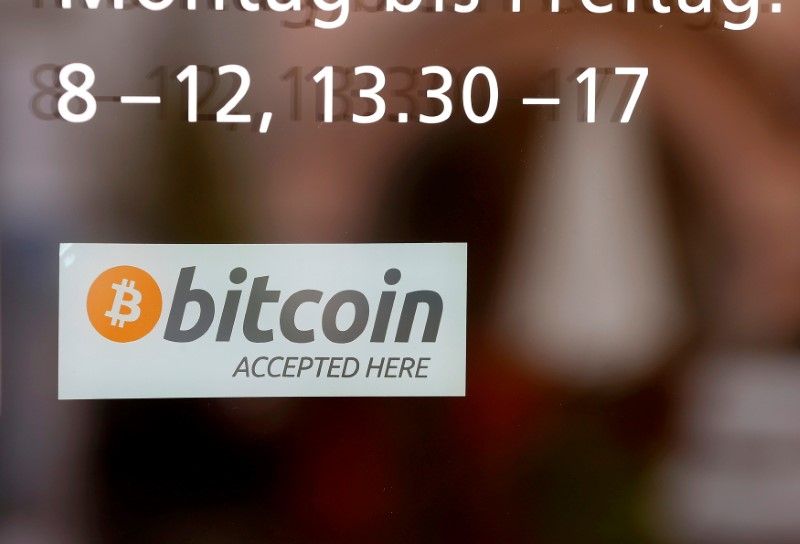U.Today: Founder Charles Hoskinson made a Bitcoin-related statement that caught the attention of the cryptocurrency community. In an X post, Hoskinson dispelled misconceptions about his stance on .
Hoskinson highlighted his long-standing commitment and support for Bitcoin. His early efforts in the cryptocurrency space include significant contributions to Bitcoin education, highlighting his pivotal role in the community.
The Cardano founder was responding to an X user who suggested that his recent political stance could give the impression that he hates Bitcoin, Hoskinson clarified his position with a heartfelt message.
“I love Bitcoin, I grew up with Bitcoin and founded the Bitcoin Education Project in 2013,” Hoskinson stated. He went on to express his frustration with certain Bitcoin maximalists, saying, “I hate the Maxis who say I should be in prison for creating an altcoin.”
Despite his crucial role in the development of Cardano, a major altcoin, Hoskinson's early involvement with Bitcoin and his efforts to educate others on the topic underscore his enduring respect for the pioneering cryptocurrency.
However, while he has a deep respect and love for Bitcoin, he strongly opposes the divisive attitudes of some of its most vocal supporters, the “Bitcoin maxis.”
Babel Rates Update
Romain Pellerin, CTO of Input Output Global, developer of Cardano, has provided an update on the Babel fee, a novel mechanism that will allow transaction fees to be paid in currencies other than ADA on Cardano. This ensures better interoperability and ease of use.
Pellerin revealed the introduction of CIP “validation zones” which describe an on-chain mechanism that allows for loosely specified transactions, such as swap requests, to be grouped together and validated as a unit.
The proposal aims to support more flexible settlement of intents on Cardano in several ways. It introduces the concept of validation zones, which allow multiple related transactions to be grouped and validated together. This enables atomic swaps and other complex operations that require multiple steps.
The proposal also introduces new transaction fields for “requests” and “fulfillments,” allowing users to express intentions (such as exchange offers) without immediately executing them.
This article was originally published on U.Today










